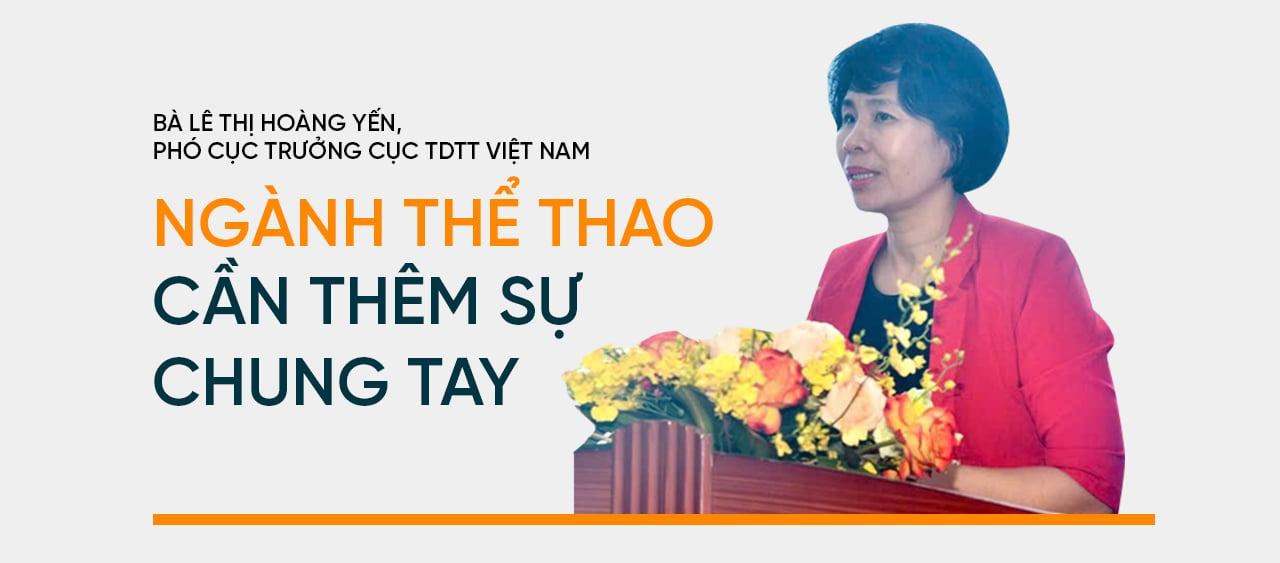
Sports is a very special profession, related to the physical and psychological aspects of a person. Athletes who want to maintain their passion for sports must be able to train hard, endure pressure well, and sacrifice many things. However, sports also bring many things to athletes such as passion, joy, and unique experiences. Talking to athletes, I have heard many people say that they have given and received a lot, so they have no regrets.
Coming out of sports, athletes will be trained in willpower, determination and discipline. That will be the luggage that follows them on their later journey. Not everyone has that quality.
Of course, the sports industry also has career orientation for athletes from the time they compete. Every year, the Vietnam Sports Administration organizes career orientation classes for sports people, mainly at the National Sports Training Center in Hanoi . Career orientation classes and seminars are suggestive, provide knowledge and paint a panoramic picture for athletes about potential options.
In September 2024, the Vietnam Sports Administration organized a career orientation seminar with topics presented by 9 guest speakers from businesses, universities, and organizations inside and outside the sports industry. These are: Vietnamese Sports explore new sources of income and opportunities after their competition career; protect athletes' rights in competition and gender equality in sports; Start-up stories for athletes after finishing high-level competitions; important soft skills to help athletes conquer the job market and succeed in their new careers; communication and working skills with the media for Vietnamese athletes; new directions for professional athletes with a bachelor's degree in business administration for sports talents...
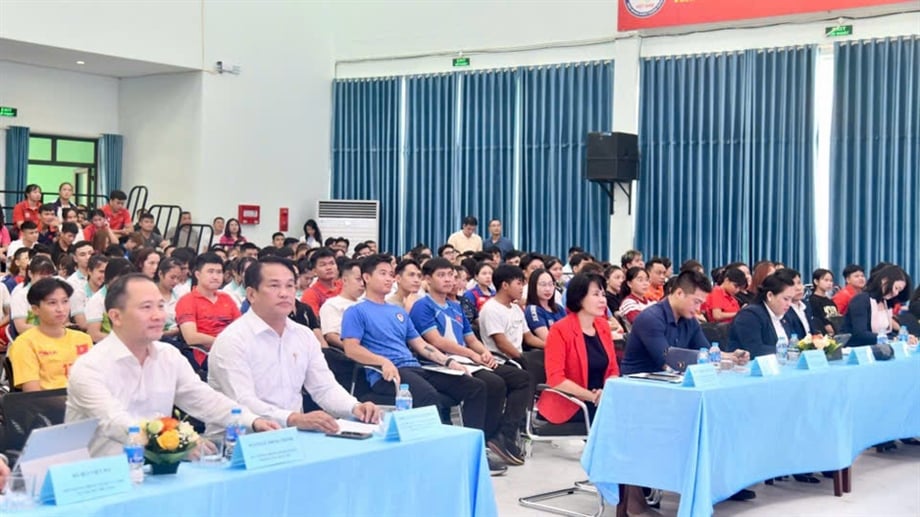
Speakers and athletes participate in career orientation seminars
Photo: VIETNAM SPORTS DEPARTMENT
Through seminars or career guidance programs, we provide athletes with an understanding of what to do if they want to pursue business in the future, and how to focus on learning skills and training if they want to continue playing sports... The Department of Sports and Physical Training also signed a cooperation agreement with the Vietnam Young Entrepreneurs Association so that businesses can join hands to train athletes, opening the door for good athletes to work.
Businesses have another source of quality human resources, and athletes have more options to consider. The sports industry always tries to connect athletes with the labor market, so that they can see more directions.
The Vietnam Sports Administration has also signed training cooperation agreements with many schools, most recently the University of Economics - Vietnam National University, Hanoi, in addition to familiar sports schools such as Bac Ninh University of Sports and Physical Education, Ho Chi Minh City University of Sports and Physical Education... to support athletes to study in many fields, from sports majors, coaches, sports management, to switching to other fields such as economics, business administration... Many schools now understand the specific training and competition of athletes, so they arrange suitable study time (mainly evening classes, distance learning), reduce the load of many subjects and specially recruit athletes with good achievements (as stipulated in the decree, Vietnam Sports Law). For example, Nguyen Thi Oanh, although still competing, has studied to get a master's degree.
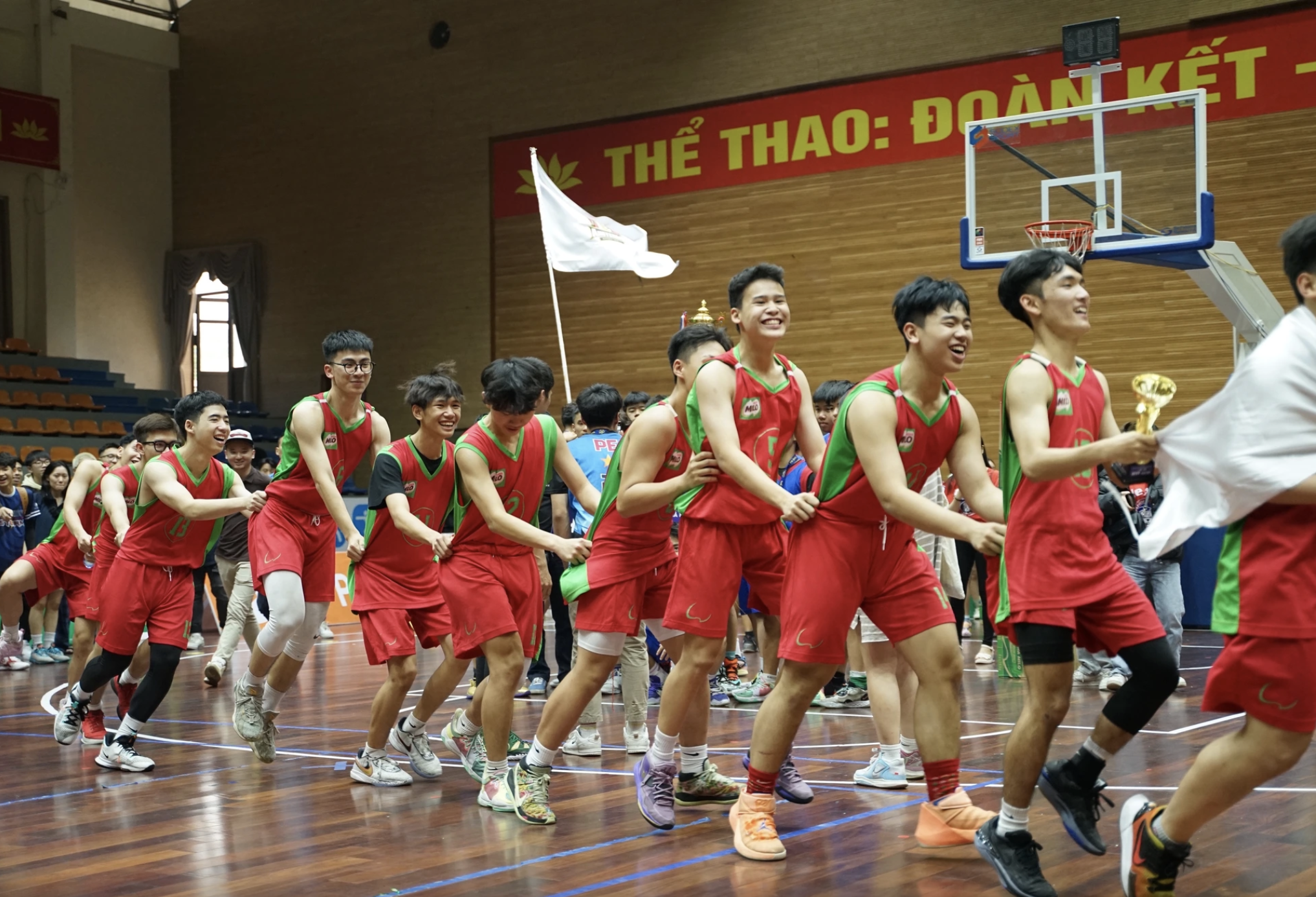
Basketball movement is growing in the student community.
Photo: HANOI CITY BASKETBALL
Nowadays, athletes are clearly aware of the importance of studying, including both studying in school and learning skills, learning a trade, and learning from life experiences to prepare for the transition. The athletes' self-study spirit is commendable. They have turned to online business, taking online short and long-term skill courses to understand many things. However, this is just the beginning.
Many athletes want to continue their sports careers, such as becoming coaches, sports managers, and physical education teachers. There are "outputs", such as localities recruiting talented people to coach, take charge of teams, or some athletes can manage sports centers from small to large, be brand ambassadors, teach mass sports, school sports... When the health awareness and need for sports training of society increases, there will be more jobs for sports people.
Of course, there are still many remaining limitations. In particular, the sports industry has long focused mainly on professional training, focusing on practice and competition, and has not been able to provide specialized training for athletes in non-sport skills. Career guidance is necessary, but athletes still need to be trained more deeply, so that they have good enough preparation to seek opportunities.
According to the state management thinking, career guidance for athletes is the story of many ministries, many social organizations, and businesses. There needs to be a common voice, as well as hands working together to build strategies and implement them, because the sports industry cannot cover everything.
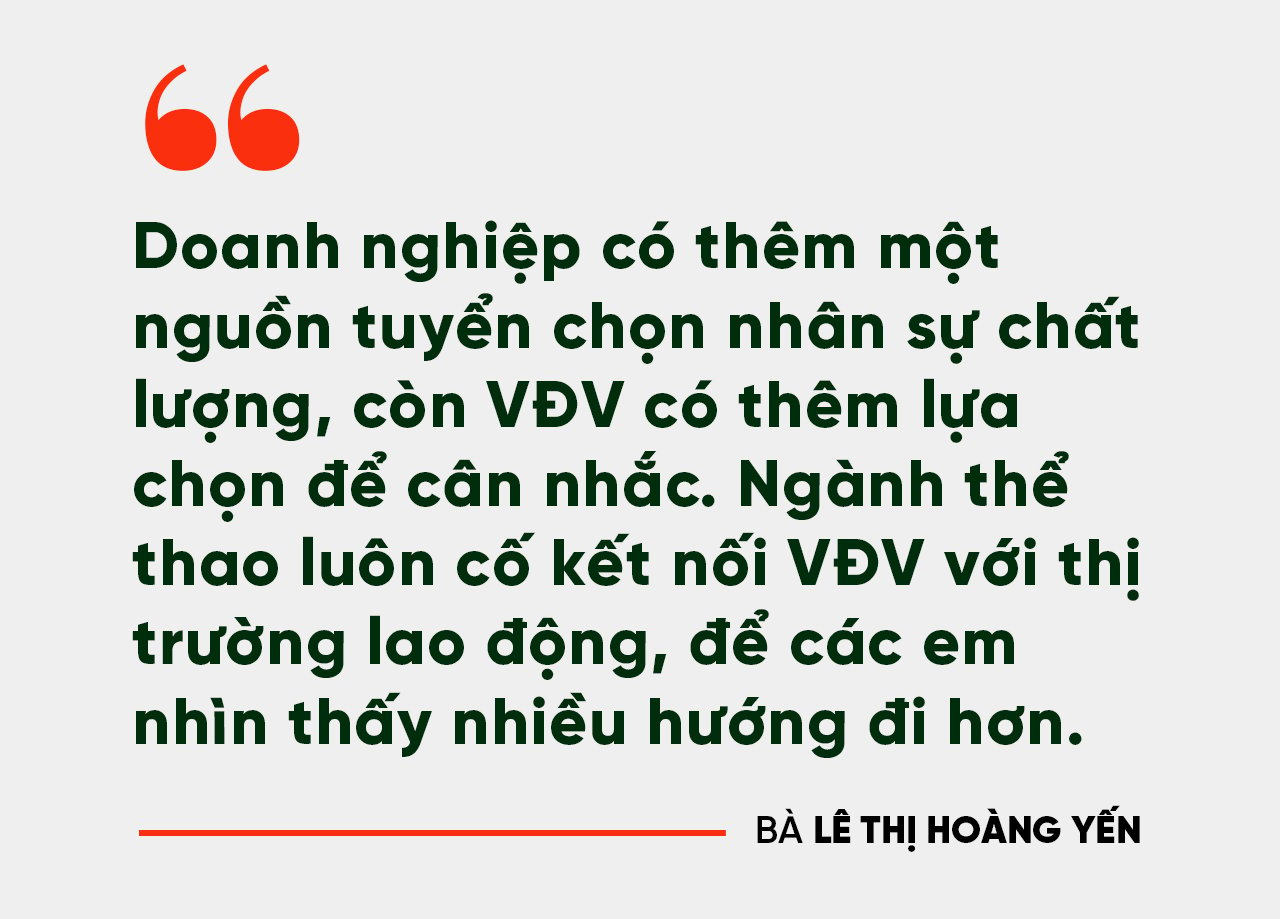
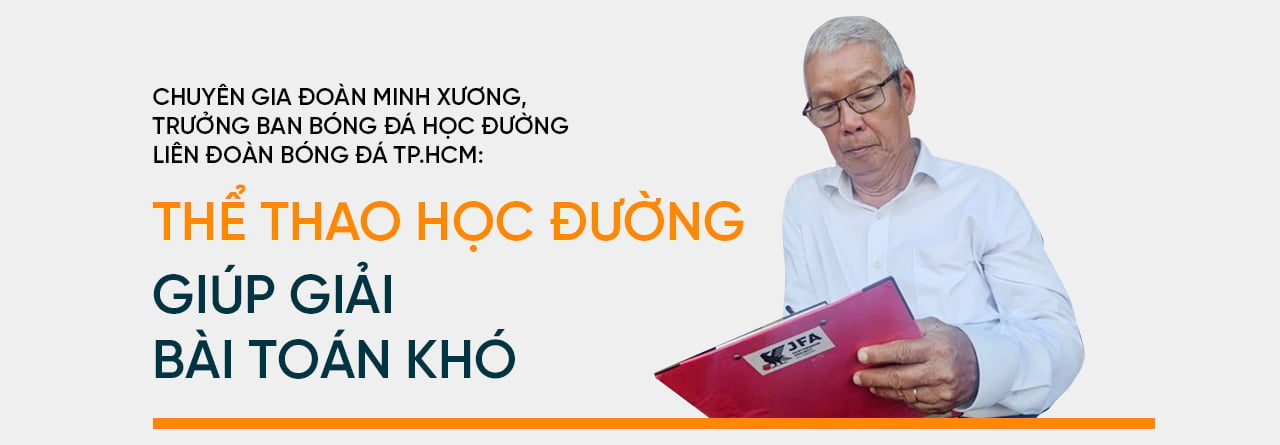
In developed sports, there are always two pillars that create success: professional sports and mass sports.
In Vietnam, professional sports (or elite sports) is a familiar concept to fans. This is also the spearhead of development of any sport, bringing achievements, glory, and pride at major sporting events in the region and the world. Professional sports in Vietnam have been a focus of investment for many years by the Party, Government, and State.
Meanwhile, mass sports (sport for all) including school sports, grassroots sports... is a pyramid that exists in parallel and closely supports elite sports. In which, school sports is not only a launching pad to find talent to train for professional sports, but also a place to educate, equip knowledge, life skills, professional foundation for athletes, helping athletes have a solid foundation after retirement. Unfortunately, school sports in Vietnam are still in a "dormant" state, not developing to their full potential, not promoting their effectiveness.
Many people may wonder: what is the need for school sports when athletes are trained in a centralized, isolated manner from a young age?
The answer is, the model of training "fighting cocks" in Vietnam is no longer suitable. Many places now train athletes in training centers in a centralized model, all day long only eating and exercising. What will an athlete do after retiring, when all his youth is spent in the swimming pool, the running track, or within the four walls of the gym with training equipment, and only knowing how to "plow" for medals? How can we orient our students' careers when we lack basic education when they are young?
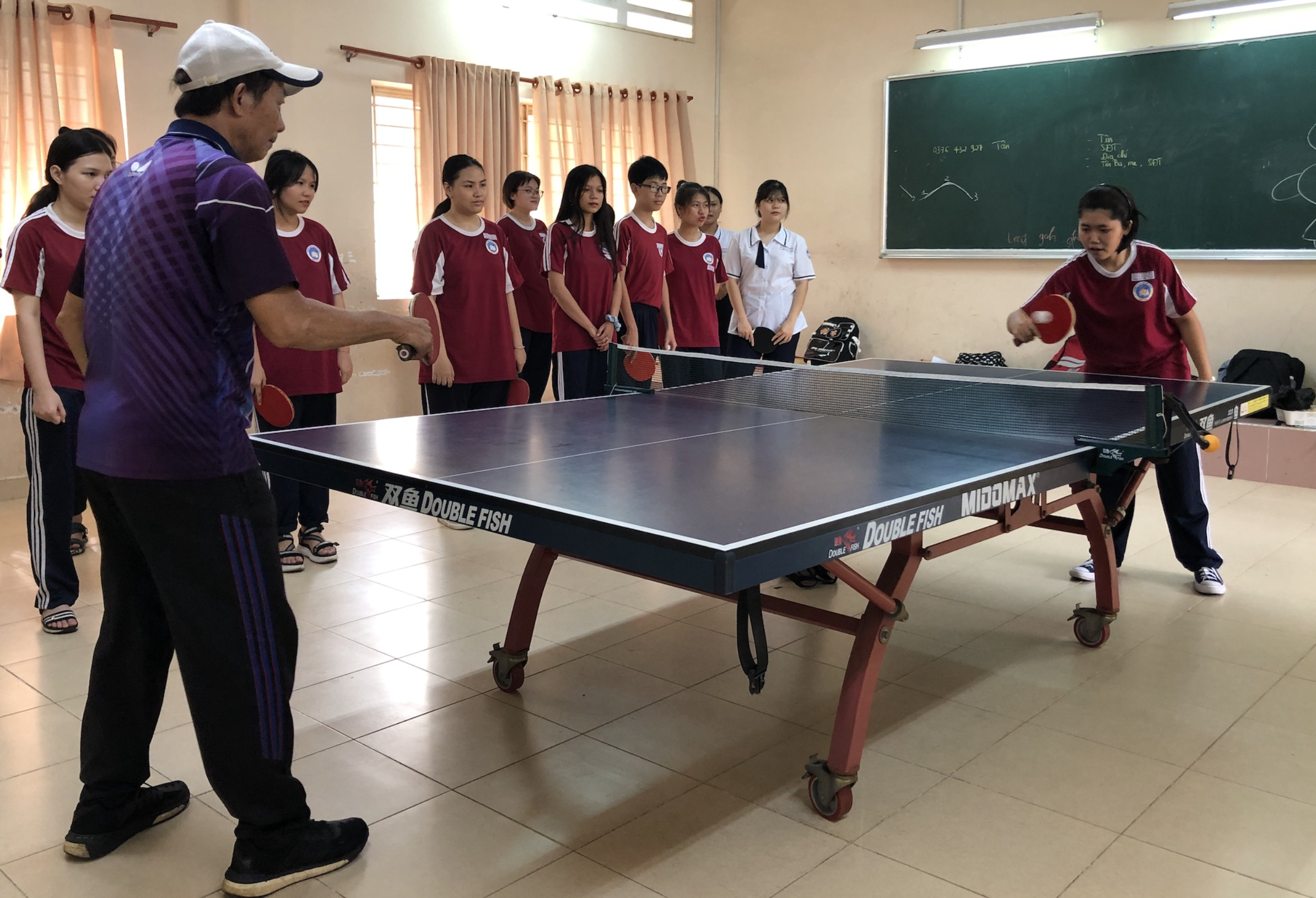
School sports help students develop comprehensively, contribute to discovering potential athletes, and equip athletes with basic knowledge from an early age.
Photo: PHAM HUU
Therefore, the first solution to orient your career after retirement is to promote school sports. In Ho Chi Minh City today, only 16% of primary, secondary and high schools have gymnasiums and mini football fields, but most of them are only at the basic level for physical education. To develop school sports, there must be adequate facilities, good physical education teachers and quality training programs, as well as a general development strategy for the whole, not "each place has its own rhythm". Training sports right in schools is the right thing to do so that everyone has a good physical and knowledge foundation.
If school sports make a breakthrough, we will have two benefits. First, it is a source of very high-quality athletes for top sports at both central and local levels. For a long time, athlete selection has not been simple. Many families do not want their children to follow sports because they think it is "unfair", poor, and think that following sports means not being able to study properly. A strong school sports foundation will help athletes receive systematic training in knowledge and life skills before going professional, helping to create more sympathy with families in letting their children follow sports, at the same time, sports expand the area to search for talent, easily detecting quality factors.
Second, school sports help us "become successful without success". Only less than 1% of people who practice sports can become professional, and only a few% of professional athletes can become champions. For those who follow sports, even if they are not successful, they already have a solid foundation of knowledge and ability to change direction and think about their own career path.
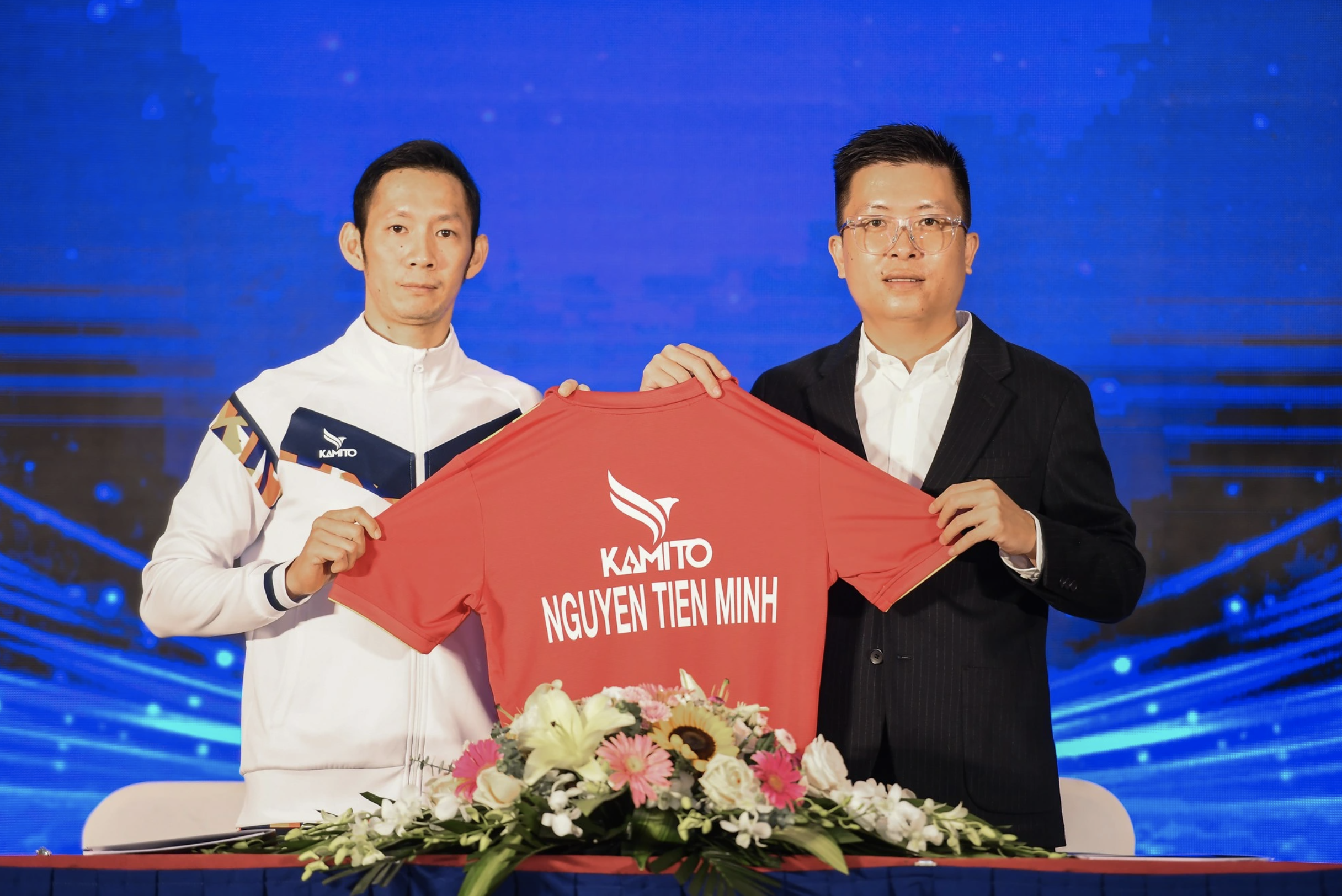
Tien Minh is a typical example of an athlete who can use his name and influence to cooperate with brands and contribute to community sports.
Athletes need a quality, structured education through school, instead of putting off their studies when they are young, then waiting until they are close to retirement to go back to school in a "patchwork" way. Is studying like that really meaningful, or just to get a degree, to gain fame, that is still a question. Studying is not only to get a degree, but also to learn life skills, to learn how to work in a team, to learn how to adapt and change, to learn specialized knowledge to have a stable career, whether or not you are in sports.
Another aspect is that Vietnamese sports currently do not really have a professional training and competition system. Most sports still rely on state subsidies, and athletes earn only a few million VND/month. Some athletes receive billions in bribes (in soccer), and receive many advertising contracts, but that is only a small number. Low income makes it difficult for athletes to save money, to concentrate on competition (because they have to do other jobs to make a living), and they cannot feel secure in their dedication when they know their future is uncertain after retirement.
Only when Vietnamese sports operate professionally, are thoroughly socialized, and have the cooperation of large corporations and enterprises to generate revenue (instead of just waiting for the state budget), will the athletes' lives be improved, thereby accumulating to change direction in the post-career stage.
At the same time, look at famous athletes like Nguyen Thi Oanh and Nguyen Thi Anh Vien to see that if athletes have a good image and brand, they can use their image to make money. However, not everyone can hire a team to create their image. The sports industry needs to do better in sports economics, not only bringing athletes and businesses closer together, but also helping athletes create images and spread their brands so that they can make money with their own reputation and influence.
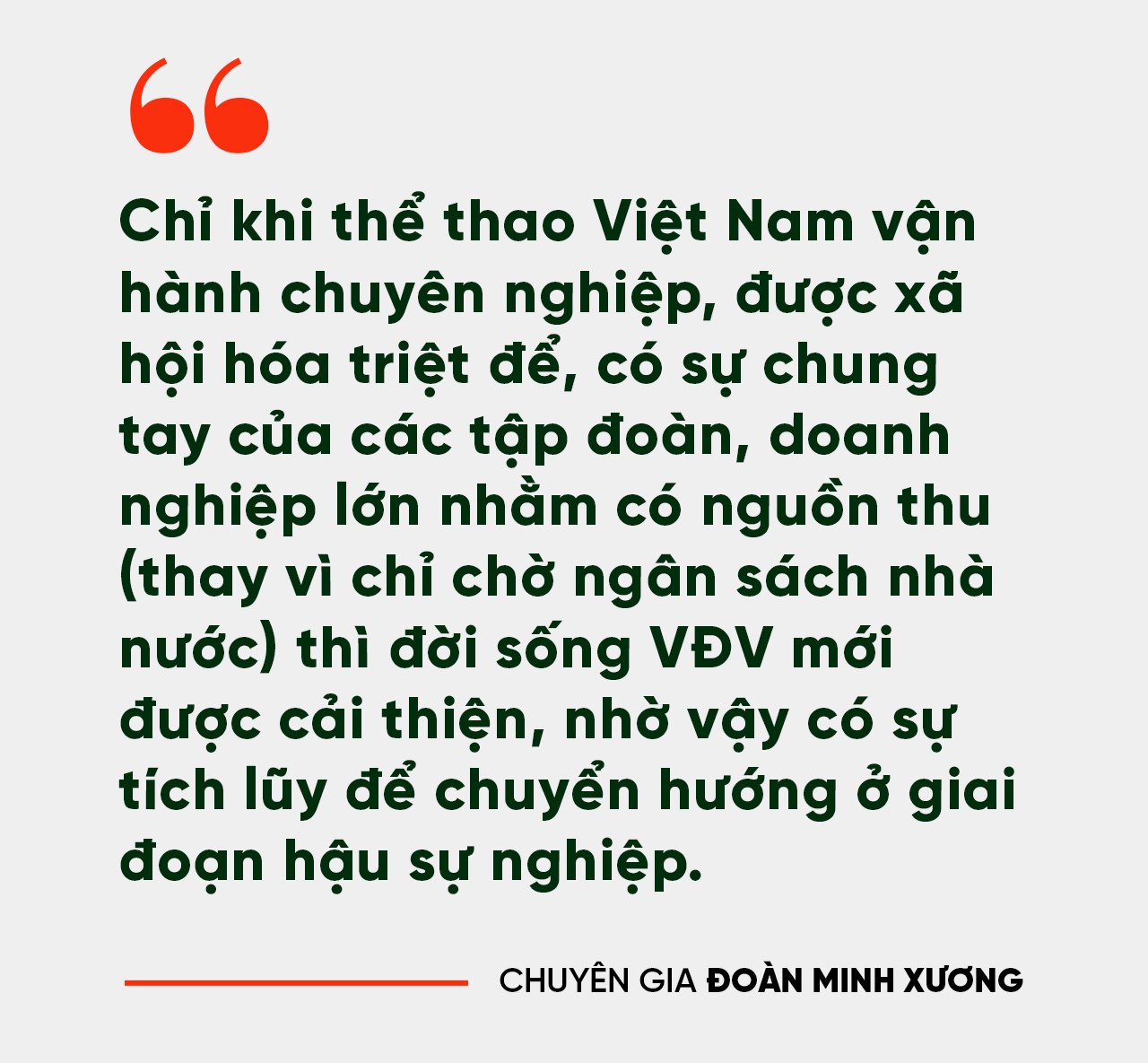
Source: https://thanhnien.vn/ky-6-nganh-the-thao-can-xay-nen-tang-cho-vdv-185250617134403206.htm




![[Photo] Prime Minister Pham Minh Chinh chairs meeting to deploy overcoming consequences of storm No. 10](https://vphoto.vietnam.vn/thumb/1200x675/vietnam/resource/IMAGE/2025/10/3/544f420dcc844463898fcbef46247d16)





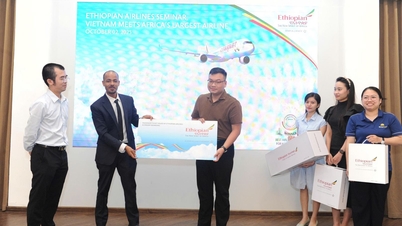

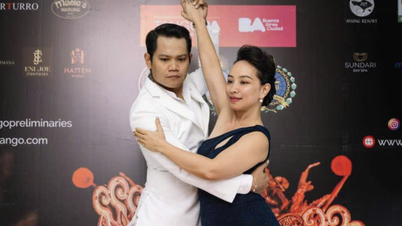



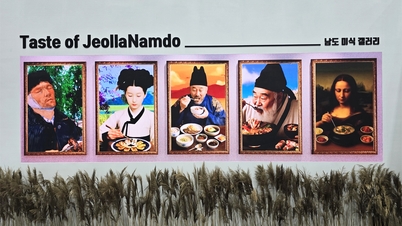

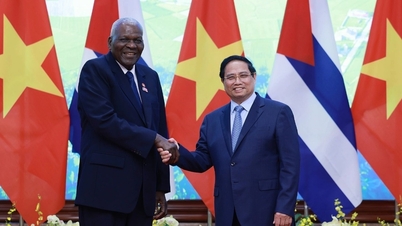

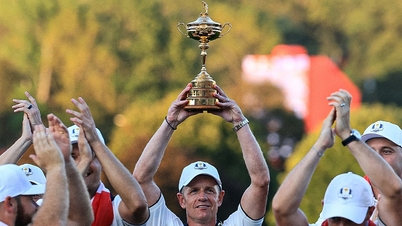
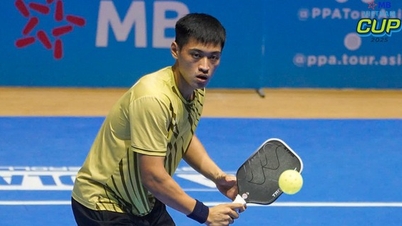

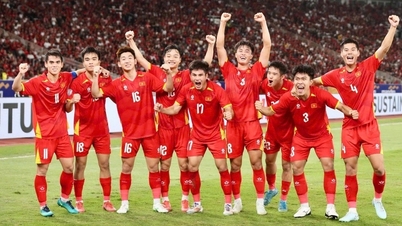
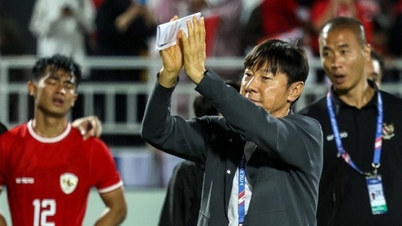
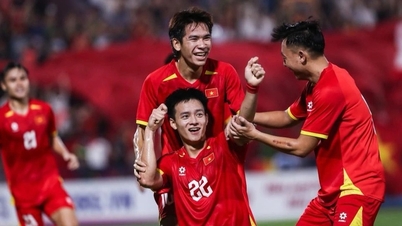
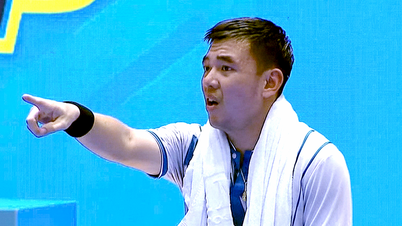





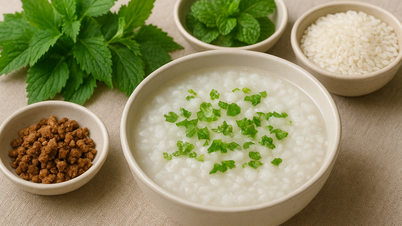
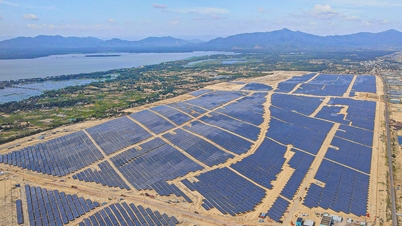




![[Photo] Binh Trieu 1 Bridge has been completed, raised by 1.1m, and will open to traffic at the end of November.](https://vphoto.vietnam.vn/thumb/1200x675/vietnam/resource/IMAGE/2025/10/2/a6549e2a3b5848a1ba76a1ded6141fae)



























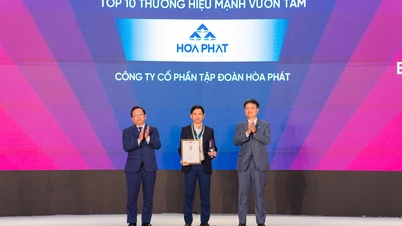

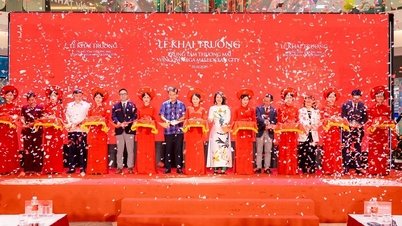





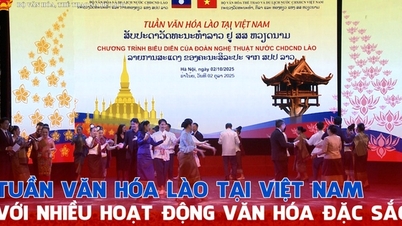

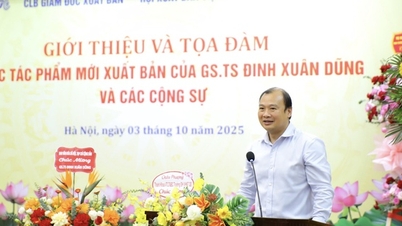
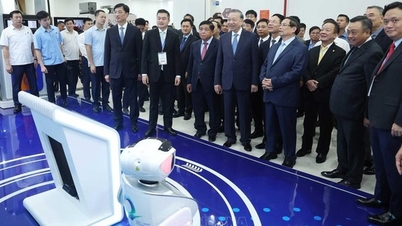

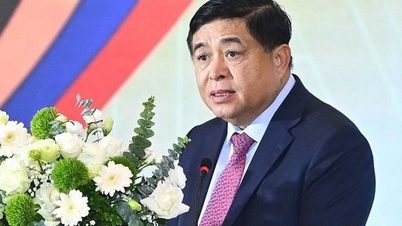
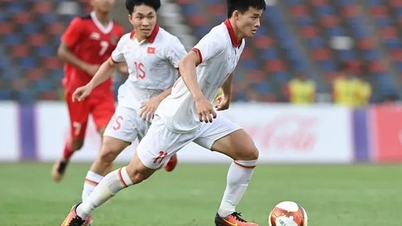
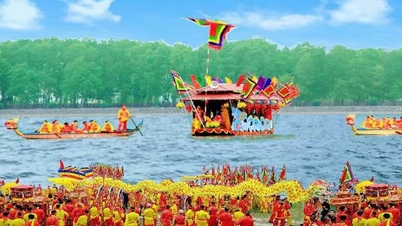
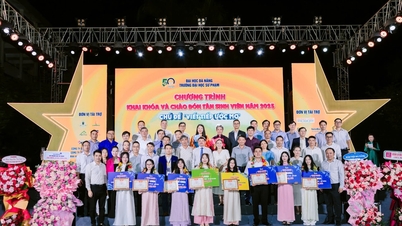

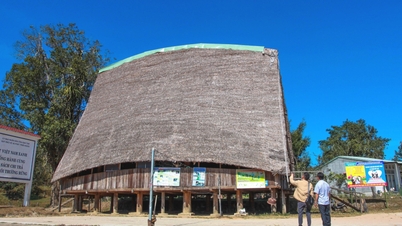

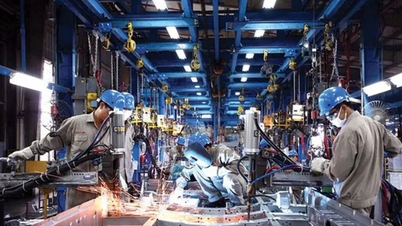
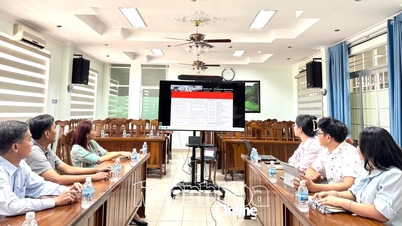

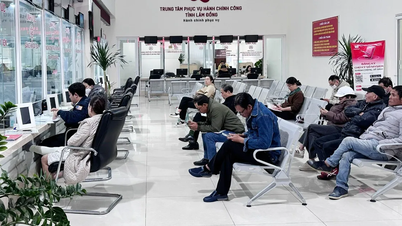

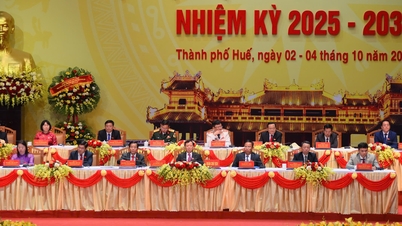













Comment (0)